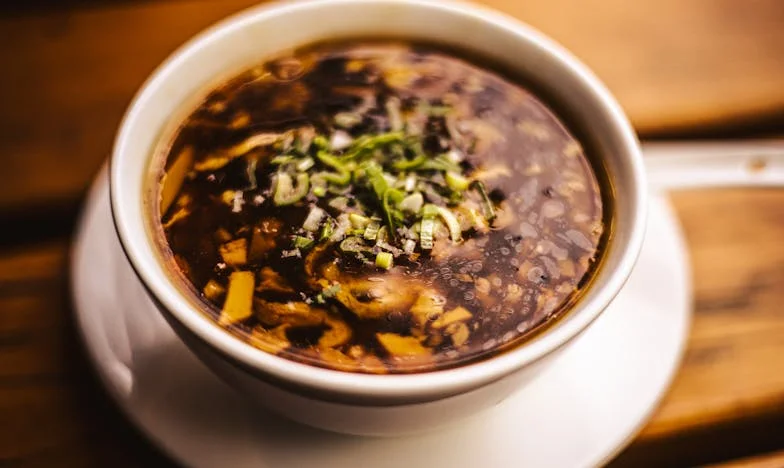“Grandma and Grandpa Are Upset We Don’t Visit with the Kids: They Shouldn’t Feed Them All That Junk”
My parents, whom my kids call Grandma and Grandpa, have always been the kind of people who show their love through food. Growing up, I remember the kitchen always being filled with the smell of freshly baked cookies, homemade pies, and hearty meals. It was a warm, comforting environment that I cherished. However, things have changed since I became a parent myself.
I have two wonderful children: Emily, who is 6, and Jack, who is 4. Both of them have severe food allergies. Emily is allergic to dairy and nuts, while Jack has a gluten intolerance and a soy allergy. Managing their diets is a daily challenge, but it’s something my husband and I are committed to for their health and well-being.
When Emily was first diagnosed with her allergies, my parents were supportive but somewhat skeptical. They couldn’t understand how something as wholesome as milk or nuts could be harmful. “We never had these problems when you were growing up,” my mom would say. “Are you sure it’s not just a phase?”
Despite our best efforts to educate them about the seriousness of food allergies, my parents continued to downplay the risks. They would offer Emily a cookie, saying, “Just one won’t hurt,” or try to sneak cheese into her meals. It was frustrating and dangerous.
The situation escalated when Jack was diagnosed with his allergies. My parents seemed overwhelmed by the list of foods he couldn’t eat. “What can we feed them?” they would ask, exasperated. We provided them with lists of safe foods and even brought our own snacks when we visited, but it didn’t seem to help.
One weekend, we decided to spend the day at my parents’ house. We packed a bag full of safe snacks and meals for the kids, hoping to avoid any issues. When we arrived, my mom had prepared a feast. There were sandwiches, cookies, and a variety of dishes that were clearly not safe for Emily and Jack.
“Mom, we can’t let the kids eat this,” I said gently but firmly. “They have their own food.”
“Oh, come on,” she replied, waving her hand dismissively. “A little bit won’t hurt them.”
“Yes, it will,” I insisted. “You know how serious their allergies are.”
My dad chimed in, “We just want them to enjoy themselves. It’s not fair to deprive them of all the good stuff.”
At that moment, I realized that no matter how much we tried to explain, my parents would never fully understand or respect our choices. It wasn’t just about the food; it was about their refusal to acknowledge the reality of our situation.
After that visit, we made the difficult decision to limit our time at my parents’ house. We still saw them on special occasions and holidays, but we avoided long visits where food would be an issue. This decision caused a rift in our relationship.
My parents felt hurt and rejected. They couldn’t understand why we were keeping their grandchildren away from them. They accused us of being overprotective and paranoid. Family gatherings became tense and uncomfortable.
One day, my mom called me in tears. “Why don’t you trust us?” she asked. “We love those kids more than anything.”
“I know you do,” I replied softly. “But love isn’t enough when it comes to their health. We have to be vigilant.”
The conversation ended without resolution. My parents continued to feel alienated, and we continued to prioritize our children’s safety over their feelings.
It’s been a few years now, and the situation hasn’t improved. My parents still don’t fully grasp the severity of Emily and Jack’s allergies. We still limit our visits and bring our own food when we do see them.
I wish things were different. I wish my parents could understand that our decisions are not about rejecting them but about protecting our children. But for now, this is our reality—a family divided by misunderstanding and unspoken resentment.
